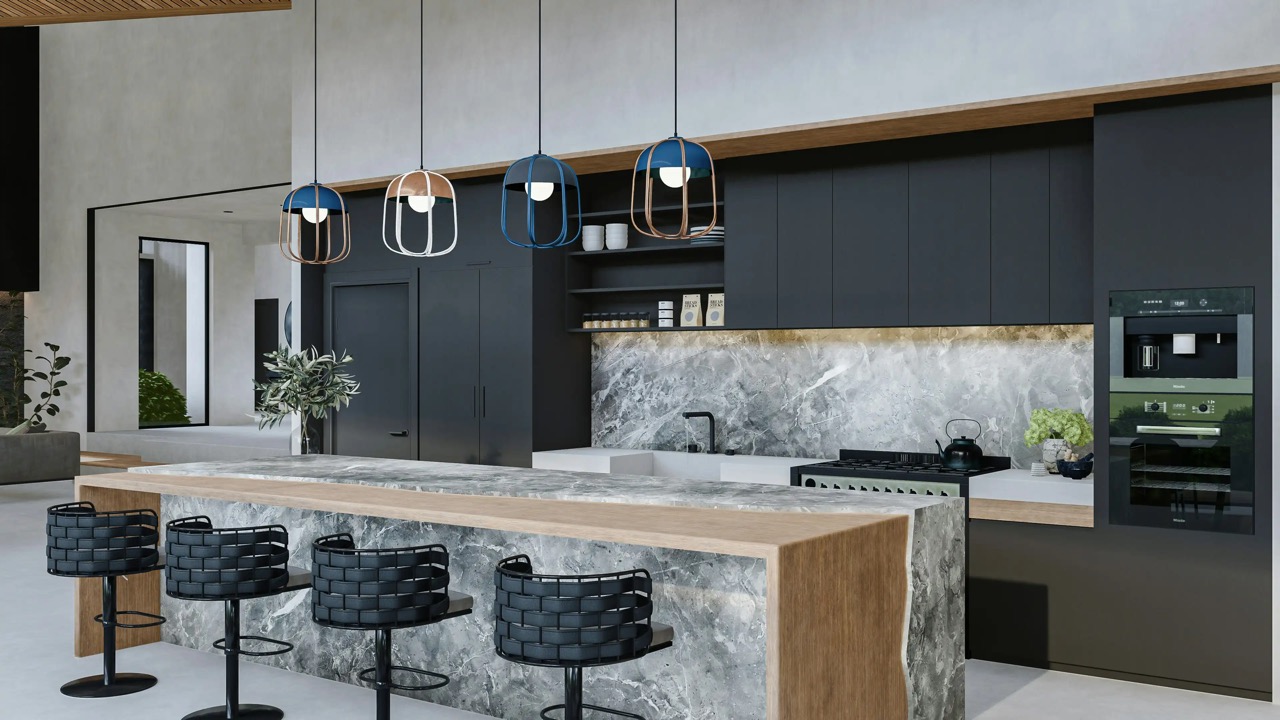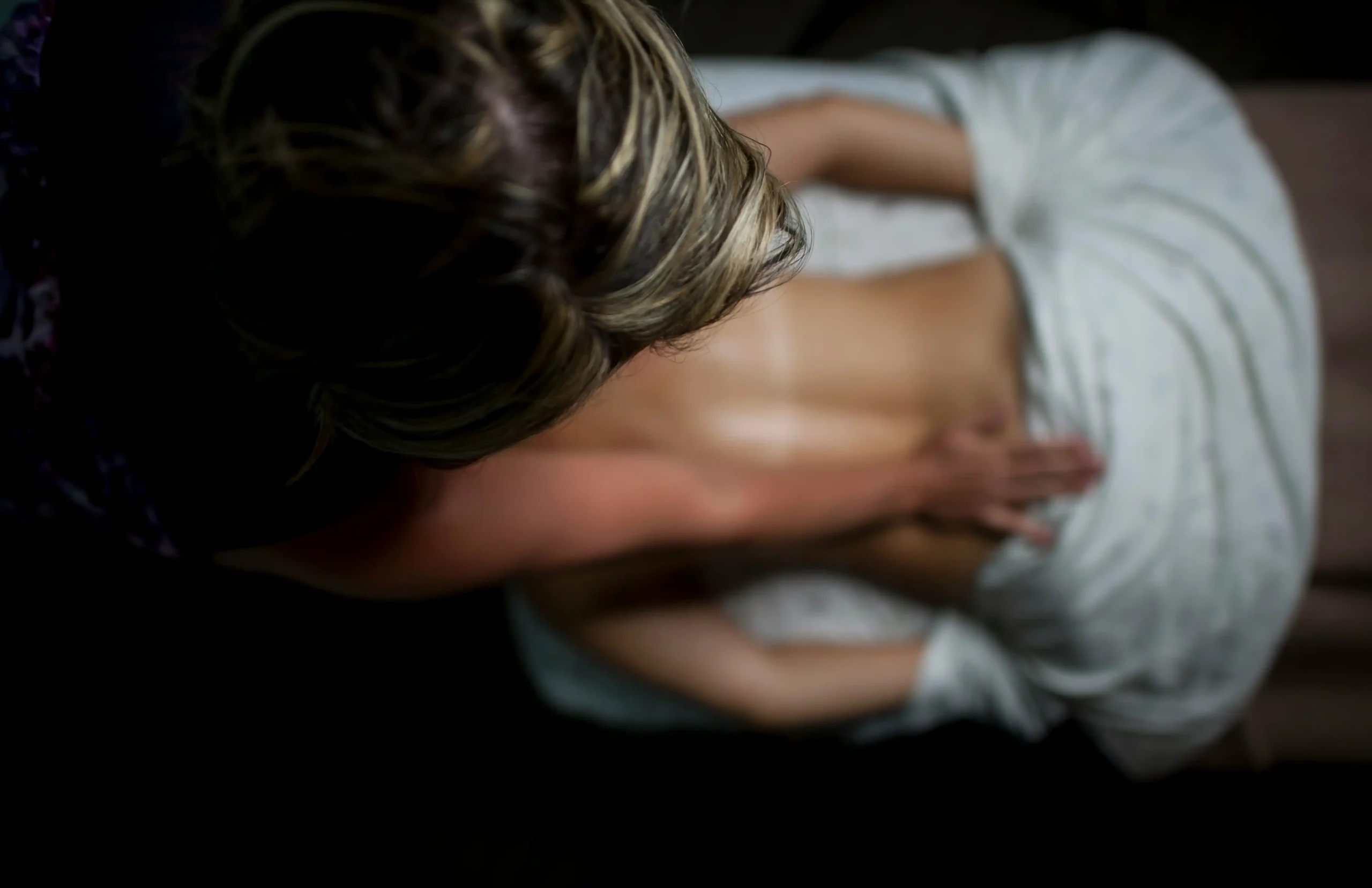I’m looking at a girl with perfect skin who splashed water all over the bathroom. He advertises some product for acne. I wonder in my head why she needs syphilis gel, when not a single pimple is visible on her alabaster face, then I look at my own reflection in the mirror. What strikes me is the remnant of a pimple I fought an uneven battle with last week and the effect of several sleepless nights allied against me in the form of two, dark bags under my eyes. They have taken an oath not to leave me until I die, and they are accompanied by blackheads on their noses.
I like myself. Even very much so. But looking at ads on the web, I increasingly catch myself tightening my facial skin with my fingertips, wondering why exactly on my mouth the pores have decided to roam like a communist version.
It’s hard to escape from beauty. Looking through the photos on Instagram, you can get the impression that someone’s Windows has crashed, because all the dupes look like trailing copies of the same perfect picture. Every day we are bombarded with images of women whose waistlines are so narrow that a Barbie doll herself would gladly gouge out their eyes out of envy. All around the same lovely round noses, big lips, thick eyebrows and pronounced cheekbones. I find neither stretch marks, nor crooked teeth, nor rolls on the belly. Ba, no one even grows armpit hair anymore. Aside from the obvious fact that there must be some impure forces involved in the sect of hairless women (otherwise, someone please explain to me how any adult woman, keeps her body as smooth as Kojak’s head?)It is clear that even the Kardashians themselves do not look as good as the humanoids that look at us from their retouched photos.
Why?
Because the women we see on the Internet are not people.
They are a creation of a culture that is obsessed with perfection.
Today, with the right tools you can design a new version of yourself. The simplest way is to use a filter that warps the door frames, for the more demanding we have surgical enhancements. Do you dream of cute dimples in your cheeks? You got it. Do you mind a few unnecessary ribs? No problem! A cat eye? Meowsolutely.Unfortunately, just like seasonal dress collections, trimming your jawline and getting chin implants may be a trend that will disappear as quickly as the money you spend on the procedure. For beauty standards are, as hard as it may be to believe, more unpredictable than the conspiracy theories coined by Kanye West – one decade we’re plucking out our eyebrows with tweezers along with Pamela Anderson, and a few years later we’re mourning their loss while admiring Cara Delevingne’s bushy facade. From Marilyn Monroe, to Kate Moss, to Kim Kardashian, beauty standards are constantly being modified. This is not done because of changing preferences, but to screw the market by satisfying illusory consumer needs, even if these are only a cleverly generated construct. It doesn’t matter how much time and money you invest in making it fit your current beauty model. In a little while you’ll be pulling on your armor anyway (slimming panties), adorning your face with war colors (blush), and grabbing your most precious weapon (credit card) in your hand to once again set off in pursuit of an ideal of beauty that exists only in the PSD file.
The Internet has turned us all into narcissists – and our narcissism into a business. The cosmetics industry is cashing in on our lack of confidence, and addictive social media plays a key role in this arrangement. We are rewarded for spending time online with hearts and likes, and the infinitely refreshing page algorithm is structured to keep us around longer. Today’s marketing is glamorous because it relies on the creation of a myth that sells the hyper-individualistic individual the promise of happiness, somewhere along the way losing the sense of collective solidarity. However, even the whitest teeth and fullest mouth are no substitute for the work we need to put into cultivating a healthy relationship with our bodies. It’s not at all a question of depriving all plastic surgeons of their jobs now and donating our $16,000 Gucci tracksuits to Caritas. The problem is not what we spend our money on and how we want to take care of our appearance. The problem is social ostracism for someone deviating from the unattainable “norm.”
The world we live in is increasingly merging with virtual reality, changing how society as a whole functions. It deprives us of compassion for ourselves and leads us to sabotage other people’s self-love. To get rid of the cult of perfection, we need to challenge our beliefs about beauty and our self-worth. True beauty goes beyond physical appearance, so let’s not let the search for our uniqueness lead us to believe that we must look like everyone else.





